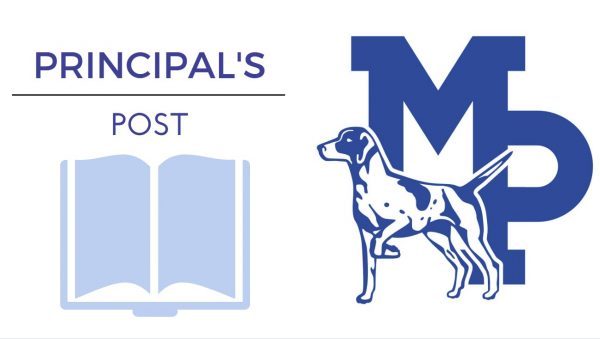 My wife and I attended our first track meet of the year last night. The rain and overall cruddy weather did not sway the student athletes and coaches from completing the events. Our son participated in a team relay, high jump, and shot put. Tomorrow, our daughter will be playing soccer. Another sports seasons has begun!
My wife and I attended our first track meet of the year last night. The rain and overall cruddy weather did not sway the student athletes and coaches from completing the events. Our son participated in a team relay, high jump, and shot put. Tomorrow, our daughter will be playing soccer. Another sports seasons has begun!
Jodi and I were also athletes during our school days. I find many benefits with these types of extracurriculars. Speaking for myself, I learned how to be a part of a team, the importance of practice, and how to lose honorably and to win gracefully.
The thrill of competition can be a motivating factor for self-improvement. But it can also come with a cost. Namely, that there is at least one “loser” in every event. We can give out all the participation trophies and ribbons we want, but it does not hide the fact that at least for one day, one person or team was deemed better than another.
As teachers and leaders, we strive to ensure that all students are successful in their learning journeys. There should not be any losers. This belief is spelled out (literally) at every level in education, from the “Every Student Succeeds Act” to a district’s mission and vision to a classroom compact.
And yet our beliefs are not always realized in our actions in schools. For examples, academic awards and student recognitions explicitly highlight those who were successful while also tacitly listing those who were not.
I understand there is room for debate on these issues. But I don’t think sports and academics are equivalent experiences. Kids choose to play soccer and track. Education is compulsory. Students and families don’t have a lot of choice in these matters.
So is it possible to harness the motivation of competition and redirect it positively in the world of learning? I say yes: when the student is in competition with himself or herself. They see the purpose and relevance of their learning; they have clear criteria for success; they receive actionable feedback that can help them improve; they are provided opportunities to apply what they’ve learned in an authentic performance task for a real audience. The outcome is someone who not only knows how to learn but also wants to learn more in the future.
As we move forward with our strategic plan and prepare our students for a bright future in a big world, I encourage all of us to reflect on what our kids truly need to be successful for tomorrow.
MATT RENWICK
PRINCIPAL, ELEMENTARY SCHOOL
This is Matt’s nineteenth year in public education. He started as a 5th and 6th grade teacher in a country school outside of Wisconsin Rapids, WI. After seven years of teaching, Matt served as an assistant principal, athletic director, and building principal all in Wisconsin Rapids. As an elementary principal with the Mineral Point Unified School District, he enjoys working with students, staff, and families in a collective pursuit of lifelong learning.

